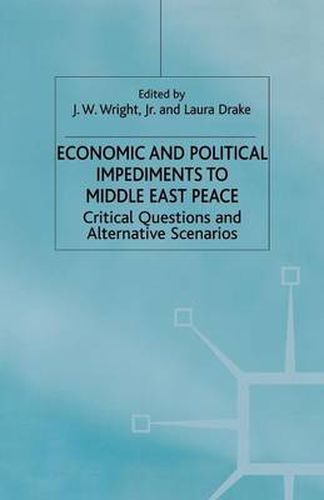Readings Newsletter
Become a Readings Member to make your shopping experience even easier.
Sign in or sign up for free!
You’re not far away from qualifying for FREE standard shipping within Australia
You’ve qualified for FREE standard shipping within Australia
The cart is loading…






This title is printed to order. This book may have been self-published. If so, we cannot guarantee the quality of the content. In the main most books will have gone through the editing process however some may not. We therefore suggest that you be aware of this before ordering this book. If in doubt check either the author or publisher’s details as we are unable to accept any returns unless they are faulty. Please contact us if you have any questions.
The accords and protocols that underlie the Arab and Israeli peace agreements set into place economic policies and political processes so flawed that they are bound to fail. The chapters in this volume look at the diplomatic and historical precedents that have led to this situation and they debate - some cynically and some sympathetically - the reasons why the institutional structures and trade regimes the process has created are so weak. But for whatever reason, the structural flaws built into the Middle East peace process are not only biased toward the dominant players but against the people who most want peace.
$9.00 standard shipping within Australia
FREE standard shipping within Australia for orders over $100.00
Express & International shipping calculated at checkout
This title is printed to order. This book may have been self-published. If so, we cannot guarantee the quality of the content. In the main most books will have gone through the editing process however some may not. We therefore suggest that you be aware of this before ordering this book. If in doubt check either the author or publisher’s details as we are unable to accept any returns unless they are faulty. Please contact us if you have any questions.
The accords and protocols that underlie the Arab and Israeli peace agreements set into place economic policies and political processes so flawed that they are bound to fail. The chapters in this volume look at the diplomatic and historical precedents that have led to this situation and they debate - some cynically and some sympathetically - the reasons why the institutional structures and trade regimes the process has created are so weak. But for whatever reason, the structural flaws built into the Middle East peace process are not only biased toward the dominant players but against the people who most want peace.